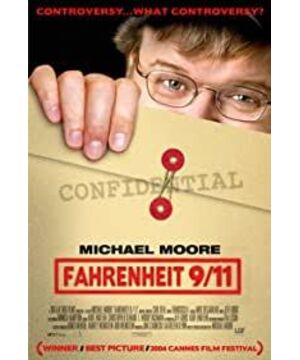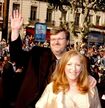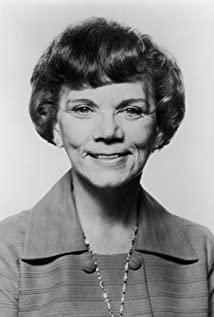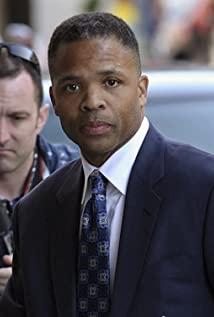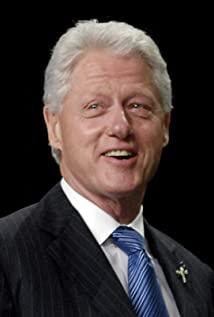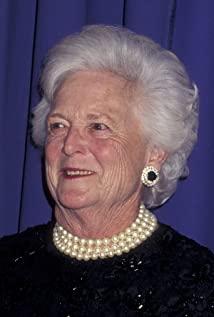the truth. Maybe Michael Moore thinks he's providing the truth, but, I think, he's only providing one aspect of the truth.
This film has a strong personal bias. I don't criticize such tendencies. If personal tendencies represent relative truths, close to relative facts, then you can declare them out loud.
The old Wuhan University has an academic tradition. Gentlemen are reluctant to write books easily, and they are willing to publicize things only when they have to consider things very carefully. In modern times, there is no need to be so restrained.
I am more inclined to Fei Xiaotong's point of view. He said that he dared to tell the young people what he knew was not mature enough on the podium because he thought it was a better education method. He does not think that the task of teachers is to impart existing knowledge (these students can learn from books by themselves), but mainly to guide students to dare to venture into unknown areas.
In this regard, I think that Mr. Dai Dezheng's actions are worthy of admiration.
Back to the starting question.
What is the truth. Everyone can have their own set. All I know is that what I see is not quite the truth. Perhaps this leads to a paradox - the more we know, the more we don't know.
People say, contentment is always happy. You take the information you have as the whole truth, and you don't want to seek anything else, then you can be at peace. Enron, be content with the status quo, and return to nature.
However, people like me are doomed to be tired of pursuing the truth that is closer to the truth.
If I have to say, what is the truth in this film, then I am more willing to believe the old Iraqi woman who was crying in front of the ruins of her house:
they have no conscience, they don't know anything!
They are killing us, they are destroying our houses!
God will destroy their houses!
God is great!
God will destroy their houses!
Iraq wins!
- You mean they killed civilians?
Yes! civilian! It's our uncle's house!
We are all civilians! There are no military installations here!
I beg for our revenge on them!
I can only rely on you! God!
We had 5 funerals because of this bombing!
OMG! God!
God!
God wants to save us! God, where are you!
Where are you! Where are you! Where are you!
Iraqi civilians dragged charred, mutilated U.S. soldiers from bombed-out armored vehicles, whipped their mutilated bodies, roped them to the back of tractors, paraded through the streets, and hung their bodies on a market.
I would rather believe that these are the truth. Because they are out of anger. Anger is always the most direct and true expression of emotion, although anger is often out of the reins of reason. But sometimes, the so-called reason, the so-called democracy, freedom, equality and fraternity, is just a fucking veil covering the dead.
"Everyone has the right to win and lose, and no one has the right to judge right and wrong."
Wang Xiaobo said in the preface of his anthology "The Silent Majority":
"In Xiao Weng's "Major Barbara", An Every generation of the Deshev family has left a wise saying. Those words are very interesting, and one of them is: everyone has the right to win, no one has the right to judge right and wrong. This is very interesting, but it is It's a joke. In fact, as long as a person has the right to argue about right and wrong, he has already won without a fight. I have very low expectations of myself: I live in the world just wanting to understand some truth and encounter some interesting things. If I can do what I want, I will be successful in my life. For this reason, I have to discuss right and wrong, otherwise the truth will not be understood by you, and interesting things will not be encountered by you. I started too late, and I may not be able to do anything. , but I have to state my attitude, so I have this book—for myself, and for the silent majority."
Thanks for the montage, thanks for Eisenstein.
I really like the way Michael Moore performed in Fahrenheit 9/11, showing his own opinions to the fullest. A large amount of image information is cumbersome and meaningless. Only when they are regulated, will they produce value judgments and have a strong indoctrination and appeal. Documentary, not only the record of history, but also the record of human thinking. This is not compiling a yearbook, nor is it portraying historical facts, but expressing ideas. Capturing the warmth and warmth of others and cutting one's own views, this is the basic work and greatness of a documentary director.
At the same time, we have to see that the power of editing is terrifying. Black can be dyed white, white can be stained black. It is completely controlled by the creator's value judgment. A person with a sense of responsibility and anxiety towards society should be afraid and use the power of editing with caution.
What we need is to complete our own knowledge structure as much as possible, to strengthen our own value position, but to seek independent personality and a clear morality.
View more about Fahrenheit 9/11 reviews


